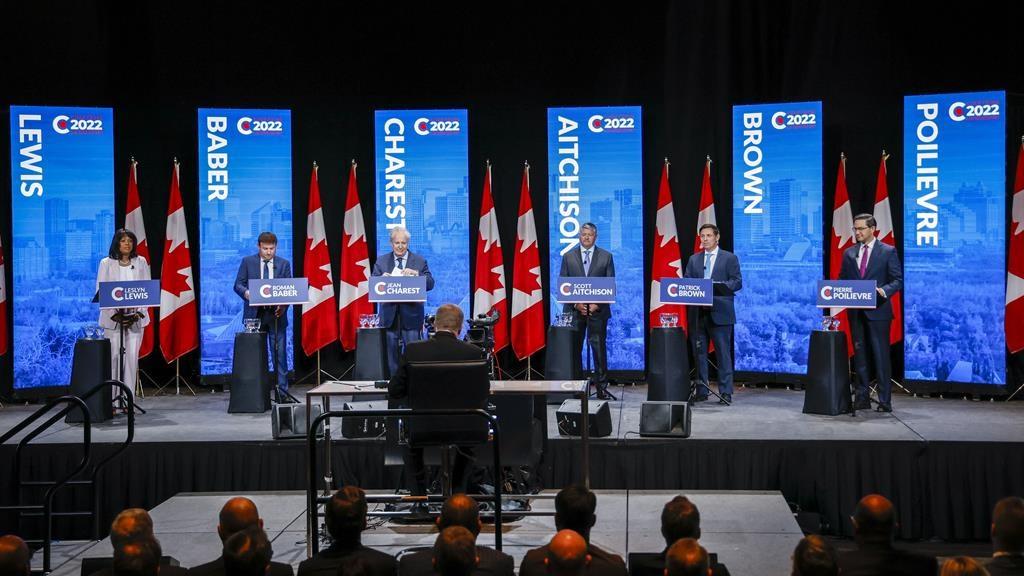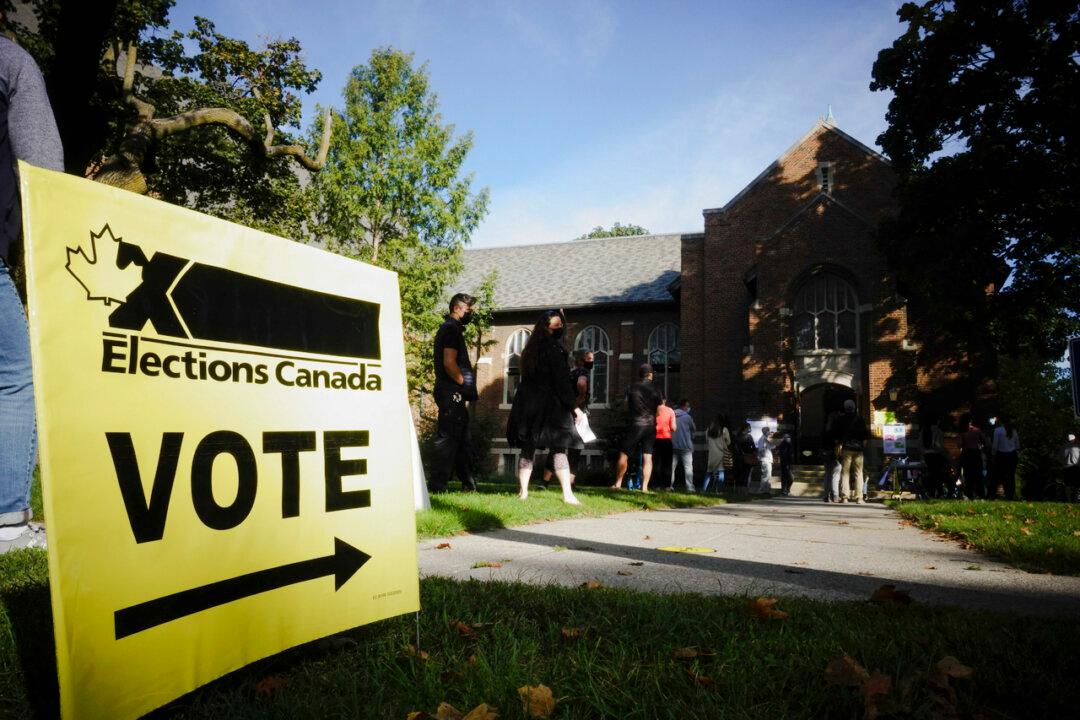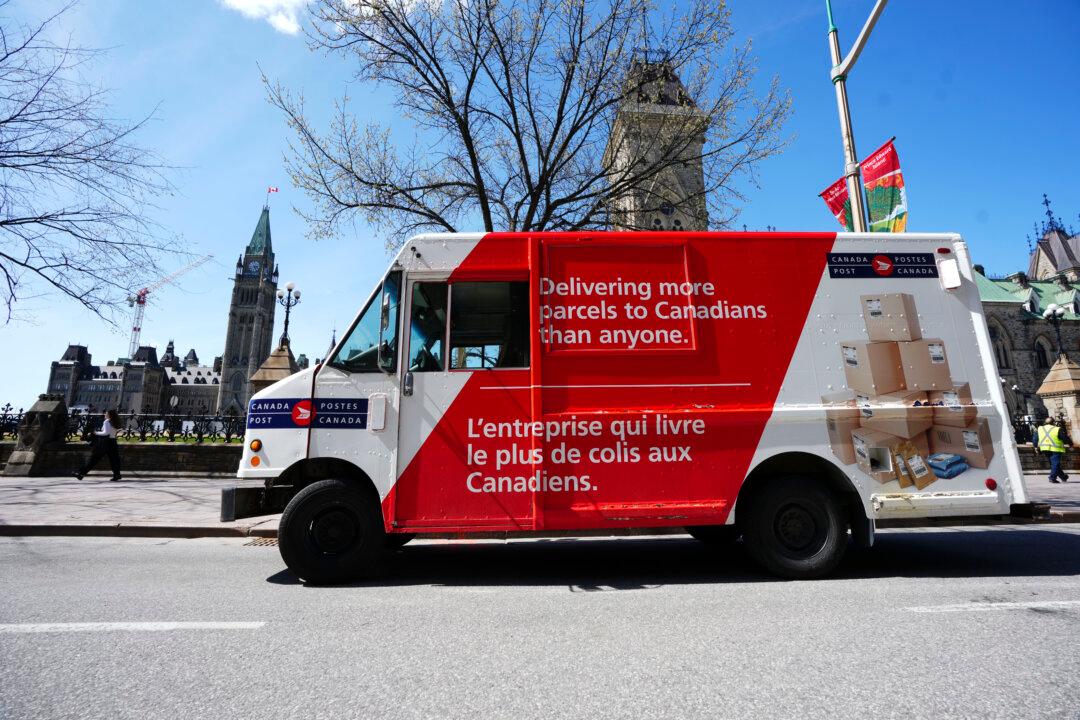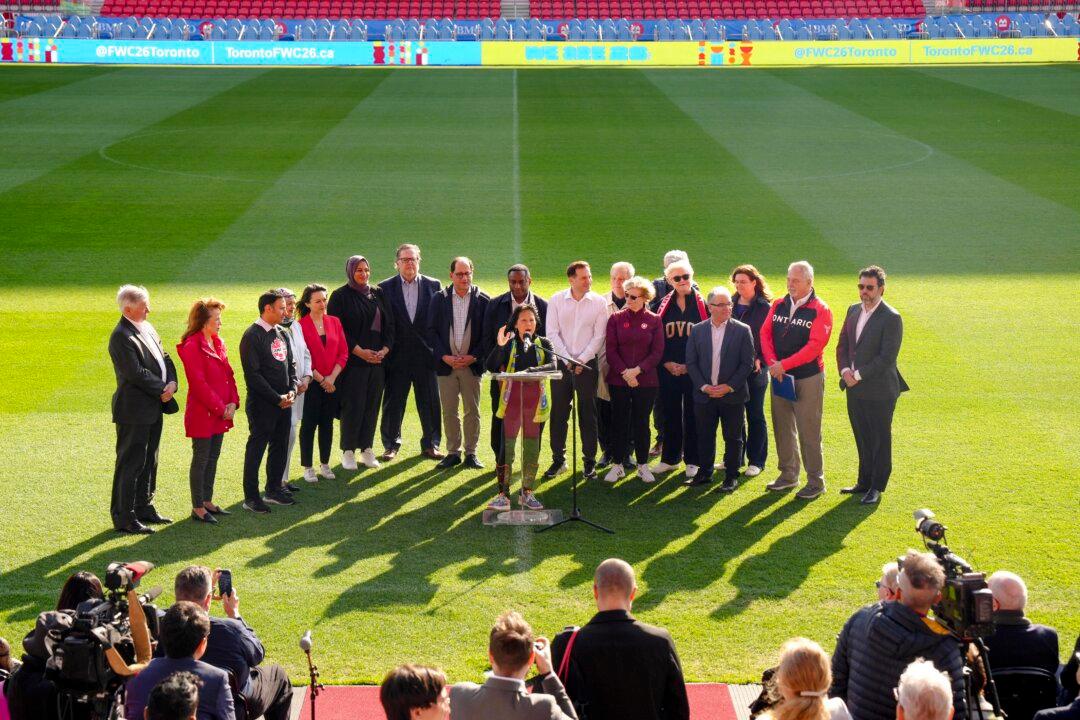Commentary
Canada’s Conservative Party has held several debates involving its six leadership candidates. It’s notable to mention that political observers and party members who have either watched or attended these events have remarked on what they perceive as being a similar theme—that is, the leaders’ debates have been more intense, divisive, and politically charged than anything they’ve ever witnessed before in this country.





